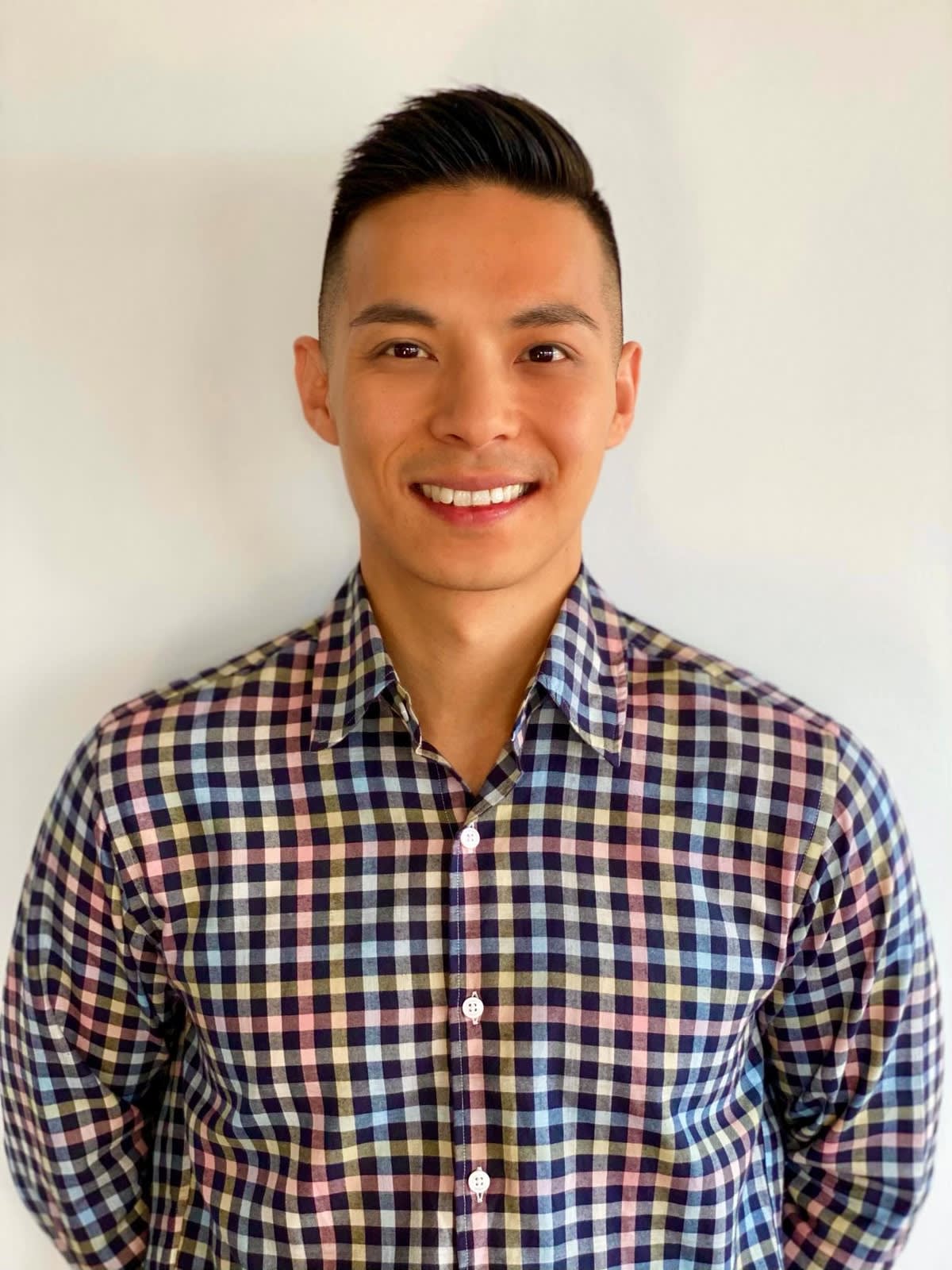
As well as being a Monash University master’s student, Kevin Ou also works in a community pharmacy in Sydney, near King’s Cross. It’s open until 11pm. He sees a lot in there, and it informs his work on a project aimed at boosting pharmacists’ roles in neighbourhood mental health.
The starting point for his master’s research (and also daily in his full-time job at the Pharmaceutical Society of Australia, where he runs training and delivery) is simple – 10 to 15% of older Australians experience depression, but many don’t share their experiences, despite often popping into the local pharmacy for other medications.
“In Australia,” he says, “pharmacists are the most accessible health professionals.”
He says most people go to a pharmacy on average 18 times a year, which is “two to three” times more than seeing their GP.
Yet pharmacies aren’t always mental-health-friendly, he says, and there’s no formal structure between pharmacists, GPs and mental health services to talk to each other about people who may be at risk.
In April, the ABC reported that an academic survey of community pharmacists in Australia a and Canada found 85% had interacted at least once with a customer they deemed at risk of suicide, and 66% said a patient had voluntarily told them about suicidal thoughts.
Pharmacies as triage services
Ou’s research aims to help by eventually having some community pharmacies acting as a mental health triage service where people can be assessed and referred to their GP for potential referral to other health professionals if required, or to other mental health services.
It seems like an obvious idea, given the pharmacist’s position at the coalface of everyday health and wellbeing issues, but it’s an idea that hasn’t been formally realised.
Ou says it’s now happening in an ad-hoc way in community pharmacies, but needs to be formalised and given structure in order to try to help those who are, or might be, mentally ill.
“Mental health conversations are already happening every day. Especially with COVID, we’re definitely seeing community mental health declining.”

He cites an everyday “very, very regular” example from the busy Potts Point pharmacy at which he works. It was Monday night this month, quite late.
“A woman came in and she was looking for help. She had been prescribed medications for her mental health, and among them were sleep medication. But some of the prescriptions were incorrect and couldn’t be used.
“The issuing GP was closed, all GPs were closed. She couldn’t contact her psychiatrist. She couldn’t access her new medications, and she was also very desperate because she needed to be able to sleep for the night. She was highly anxious, and she needed a solution.
“This is a challenge,” he says. “What could I do? She came in because we were open. You don’t need an appointment; if we are open, you can come in and talk to us – we’re trained health professionals.
“The limitation is that when we see someone like this, how do we refer them and connect them to the right channels if we think we need to? That’s the barrier at the moment.”
The situation she found herself in only made her more anxious, he says. “It wasn’t life-threatening, but it could have been. She didn’t know who to turn to, and was very distressed.”

Training in mental health first aid
Ou’s master’s project is called EMPATHISE, which gives training to real-life community pharmacies in mental health first aid and depression in older people. It was a project conceived at two New South Wales’ universities. He’s already trained a group of pharmacies in regional New South Wales, and is hoping to do the same in western Sydney.
“We’ve definitely seen through the training that we can improve the knowledge of pharmacists around the myths of depression and responding to depression. We’ve also seen shifts in attitude toward depression – there are perceptions that it’s a normal part of ageing, or that it can’t be cured.
“Also,” he says, “training increases acceptability – it increases a willingness to implement the service in their own pharmacy.”
Navigating a tricky path
Ou’s supervisor for his master’s is Dr Dan Malone, Director of Pharmacy at the Monash University’s Faculty of Pharmacy and Pharmaceutical Sciences. He says efforts by pharmacists to get more involved in mental health care have not always been easy, with pushback in 2016 after the Australian Pharmacy Guild outlined some early ideas.
“One of the things we as pharmacists encourage is developing a rapport with people in the pharmacy so they get a continued and consistent level of care,” he says.
“But mental health is tricky, right? To get the best idea of someone’s mental state you need to see them over time, because then you can see if there are changes or whether they’re presenting differently to what they usually do.”
Read more: Breaking down contraception barriers to empower all women
Dr Malone has worked part-time in community pharmacies all over Melbourne for 25 years.
“People come in and tell you things, and you can’t get away from that,” he says. “You have a duty to respond appropriately, or it’s a potentially dangerous situation. You can’t carry any stigmas with you.
“These are people who are vulnerable. It’s extraordinarily important for a pharmacist to have that training.”





